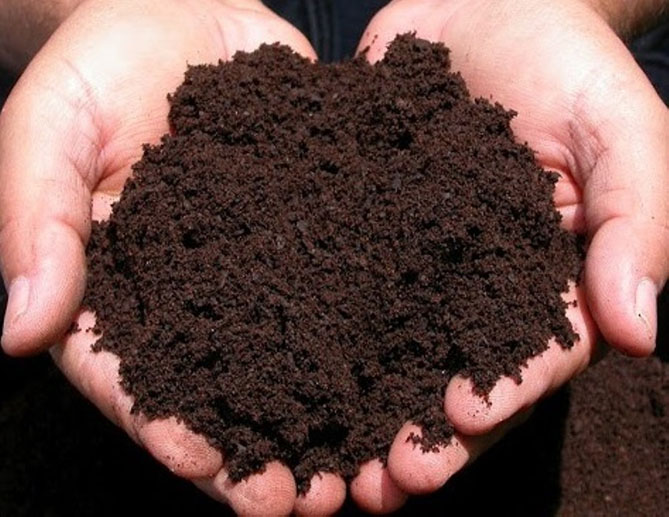Compost regarded as the ‘Black Gold’, compost works like a magic-potion for the soil. Composting refers to natural recycling of organic wastes such as fruits and vegetable peels, dried leafs, manure, etc., by micro-organisms or using earthworms into nutrient rich ‘humus’ which improves the quality and texture of the soil. The decomposed organic matter is called ‘compost’.
“Compost is a soil conditioner. One of the most efficient ways to help your garden and farm grow organically without much dependence of chemical fertilizers is through composting. Compost is decayed organic material used as a fertilizer for growing plants. Usually, it is a composting using earthworms, which is applied to the soil for improved results.”
Benefits of composting
Improved Soil Quality
Compost not only helps to improve the nutrient content of the soil, but the structure as well. It releases the nutrients slowly, over a period of months or years so that soil efficiency is year-round. It also loosens the tightly packed areas of the soil, to let the pores open up to air and moisture, allowing the soil to retain water and nutrients.
Controls Plant Diseases
Compost provides the plant with a natural soil food which has been spoiled due to chemical fertilizers, which allows these microorganisms to thrive without affecting the water supply of the plant. Compost gives a natural ‘organic medicine’ to the soil system. As compost is a slow releasing organic fertiliser, this problem does not exist if using compost. Compost can also prevent erosion of top-soil.
Conserves Resources
With the use of compost, water consumption, fertilizer and pesticide consumption is reduced drastically. When compost is applied to the soil, less water is required as the soil gets loosened and has more moisture-retaining capacity. As mentioned before, since the nutrient quality which compost provides is far superior to synthetic fertilizers and pesticides, compost runoff harmful effects which come with them are also reduced.
Economical
As composting is also a form of waste management and recycling, the burden on landfills and the fuel required to transfer the waste reduces substantially. The economic benefits of simply using domestic waste for your garden, as compared to buying garden products is also an added bonus to the gardening enthusiast. Clearly, the benefits of composting are plentiful. It provides an easy to use, eco-friendly, and economical way to care for your plants. Get started with your own composting process and see your garden blossom.


Leave A Comment